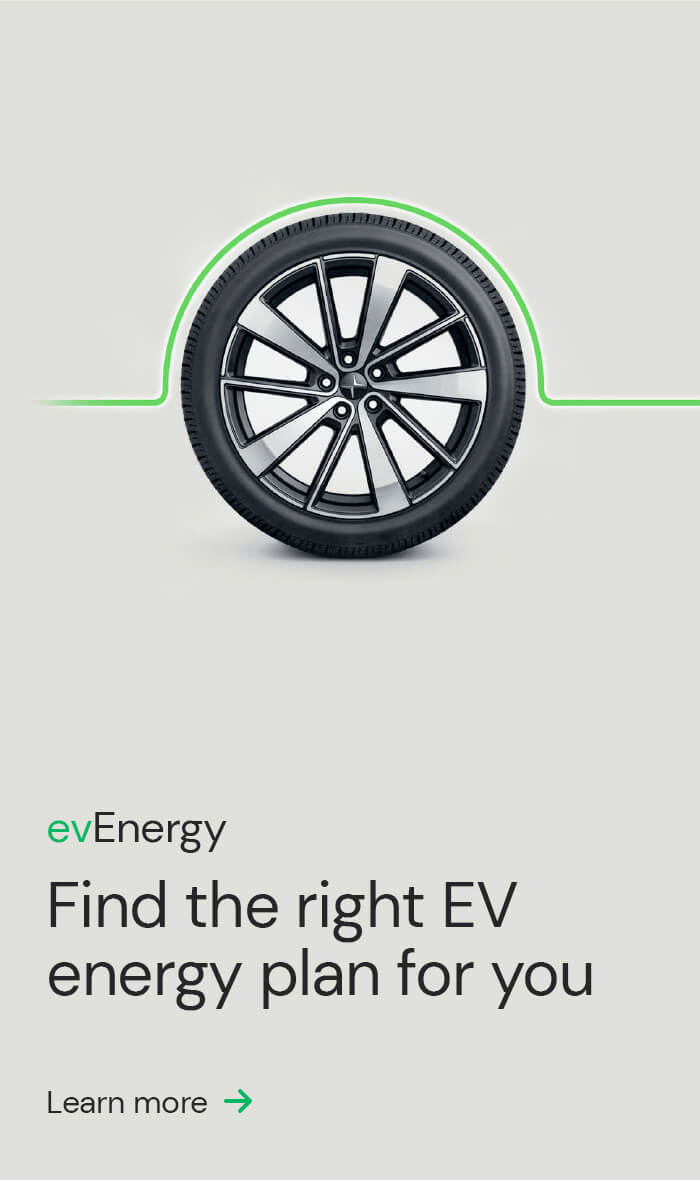If switching to an electric vehicle is something you’re considering, one of your biggest questions may be how reliable EVs are. With new technology and a totally different operating system to IC engine cars, EVs can present lots of uncertainties for new buyers.
Like any vehicle, EVs can develop issues down the line, but overall, they are a very reliable (and importantly, sustainable) method of transport. For instance, in What Car?’s major 2021 reliability survey, electric vehicles achieved an average score of 92.9%. Bursting with innovative technology, let’s explore what makes EVs more reliable than ever.
Fewer moving parts – and things that can go wrong
According to Tesla, its cars’ drivetrains only have around 17 moving parts. A standard, internal combustion engine-powered car’s drivetrain has about 200 moving parts. With such a simpler system under the bonnet, there are fewer opportunities for EVs to develop maintenance issues.
Analysis from Consumer Reports estimates EV owners save around 50% more than fuel-powered car owners, when it comes to maintenance costs. With no need for other costly services like oil changes, electric vehicles are reliably cost-effective.
Less brake wear and tear
EVs have a regenerative braking system which helps the brakes last longer. Normally when the brake pedal is applied, the friction creates kinetic energy which is dispersed as heat. The regenerative braking system of an EV captures this kinetic energy and converts it to electricity to recharge the EV’s battery.
This smart method of braking boosts EVs’ reliability. Through extending the car’s driving range, reducing brake wear and tear, and improved braking efficiency, the regenerative braking system greatly increases the car’s overall performance.
Long-lasting batteries
In the 10 years that EVs have been on the market, their battery technology has improved significantly, leading to longer ranges and longer battery life. EVs’ lithium-ion batteries last between 10-20 years, with an average degradation rate of about 2.3% a year.
If you purchase an EV with a range of around 240km, after five years it will have only lost about 27km of accessible range which is not too significant. In short, EV’s batteries have a long lifespan and are a key advantage to making EV ownership an intelligent, reliable choice.
Summary
- EVs scored an average of 92.9% in What Car?’s reliability survey.
- EVs have fewer moving parts meaning they are less likely to develop maintenance problems.
- EV owners can expect to spend 50% less on maintenance fees than regular car owners.
- EVs’ regenerative braking systems recharge the car battery, while reducing brake wear and tear.
- EVs’ batteries last up to 20 years, with an average degradation rate of 2.3% a year.
Are you considering making the switch to an electric vehicle? ActewAGL can help you effortlessly find, finance and charge your EV. Discover how ActewAGL can support your transition to sustainable driving today.
Sources
https://www.whatcar.com/news/the-most-reliable-electric-cars-and-the-least/n23705



